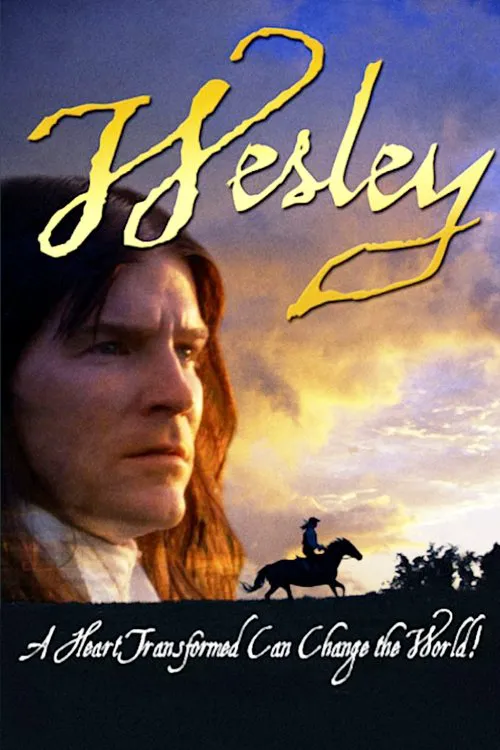Wesley

Intrigue
The year 1732 marked a pivotal moment for John Wesley, a devout and somewhat self-assured instructor at Oxford. Haunted by his own failure to deliver sermons and struggling with a deep sense of inadequacy, Wesley clung to the idea of a life abroad, one that would allow him to minister to the Native American tribes of the newly established colony of Georgia. He envisioned Georgia as a place where Christianity could flourish and the untainted soul of the American wilderness could be receptive to his message. As fate would have it, Wesley's desire for a new beginning and a chance to serve a different people was granted. However, it came with a price. He had to leave behind the familiar setting of Oxford and embark on a perilous journey across the Atlantic, into the unknown territory of colonial Georgia. Upon his arrival, Wesley found himself facing challenges unlike anything he had experienced in England. While initially welcomed by Governor Oglethorpe, as time went by, tension began to rise. The governor grew wary of Wesley's zealous attempts to convert the local Native American tribes to Christianity. This concern only added to the list of reasons for Wesley's doubts and fears. But amidst this turmoil, John Wesley reached a turning point. It was during a trip on horseback, lost in the grandeur of the New World, that Wesley finally discovered a sense of peace. He was riding on a long, winding road when suddenly, in a flash of momentary introspection, it came to him. "I felt my heart strangely warmed" – a phrase that echoed through the centuries as the hallmark of Wesley's transformative spiritual experience. This epiphany had a profound impact on Wesley's approach to faith, as well as his methods. He began to speak about the "saving faith" he had discovered in a way that captured the hearts of his listeners. The message of this newly acquired peace resonated deeply with many, and thus was born the foundation of the evangelical revival movement that would sweep across England. However, Wesley's journey, and particularly his preaching style, was met with widespread disapproval from the established clergy. The very notion of a man who claimed to have experienced a direct and personal connection with God threatened the rigid hierarchy and dogma of the Church of England. It wasn't long before Wesley found himself forced out of not one but multiple churches in London. Yet, these attempts to silence him merely fueled the growing movement. Undeterred by violence, persecution, and opposition from all sides, Wesley and his group of fellow Methodists continued to preach their revolutionary message, which emphasized personal accountability, individual faith, and practical aid to the poor. Together, they pioneered groundbreaking social ministries that had the profound impact of transforming the lives of countless individuals and communities across England. One by one, the institutions they formed – from schools for the poor to soup kitchens, day nurseries, and rescue missions for the homeless – began to gain widespread recognition and acclaim. This quiet revolution not only revitalized the very fabric of the Church of England but also had a profound and lasting impact on British society as a whole. The influence of John Wesley continued to spread long after his passing, shaping the trajectory of countless lives and fostering a culture of compassion, love, and understanding. It is a testament to his unwavering devotion – both to his faith and to those in need – that today, nearly 75 million people worldwide look back to this remarkable individual as an inspiration, as a reminder that, with unwavering determination, even the most daunting challenges can be overcome.
Critiques
Recommandations




